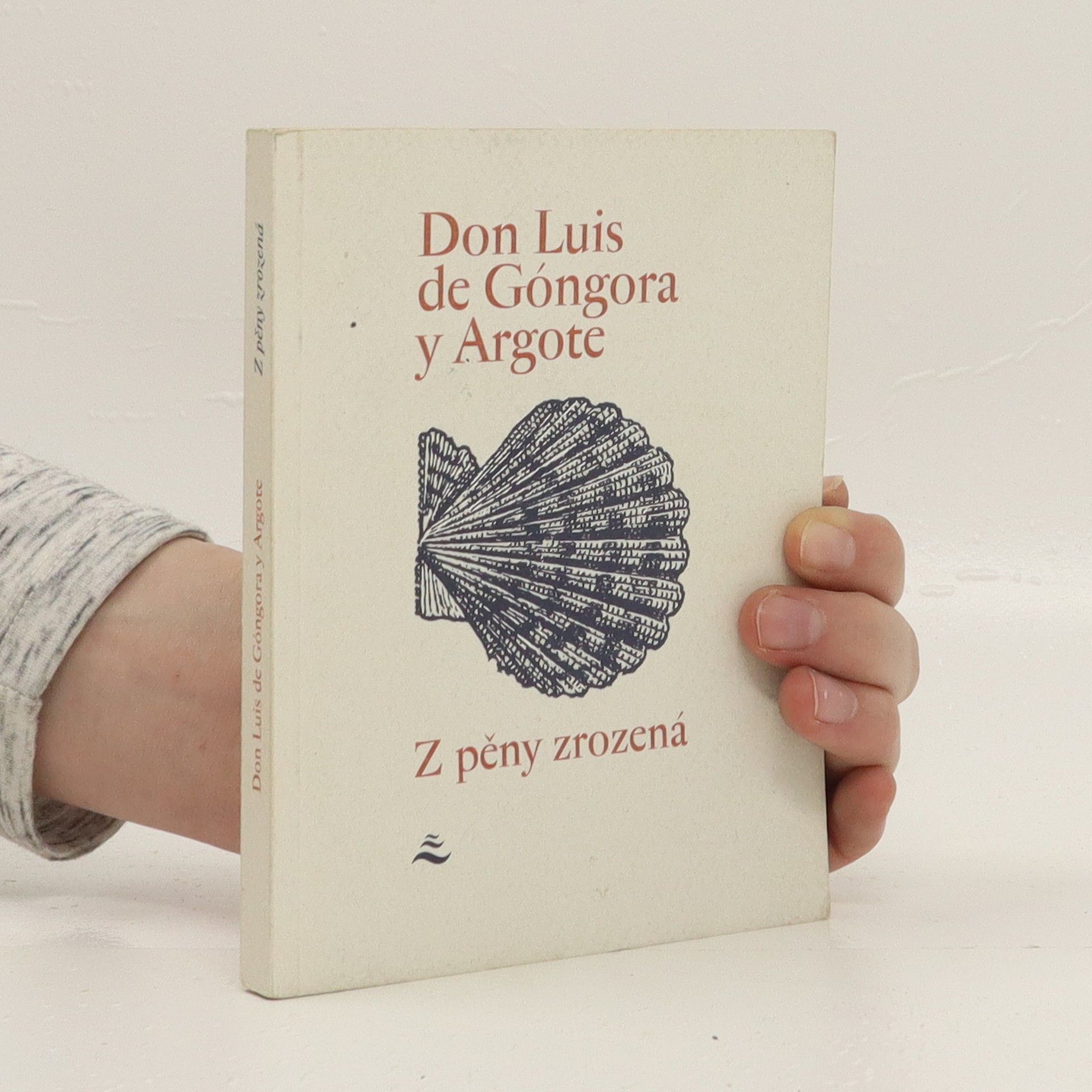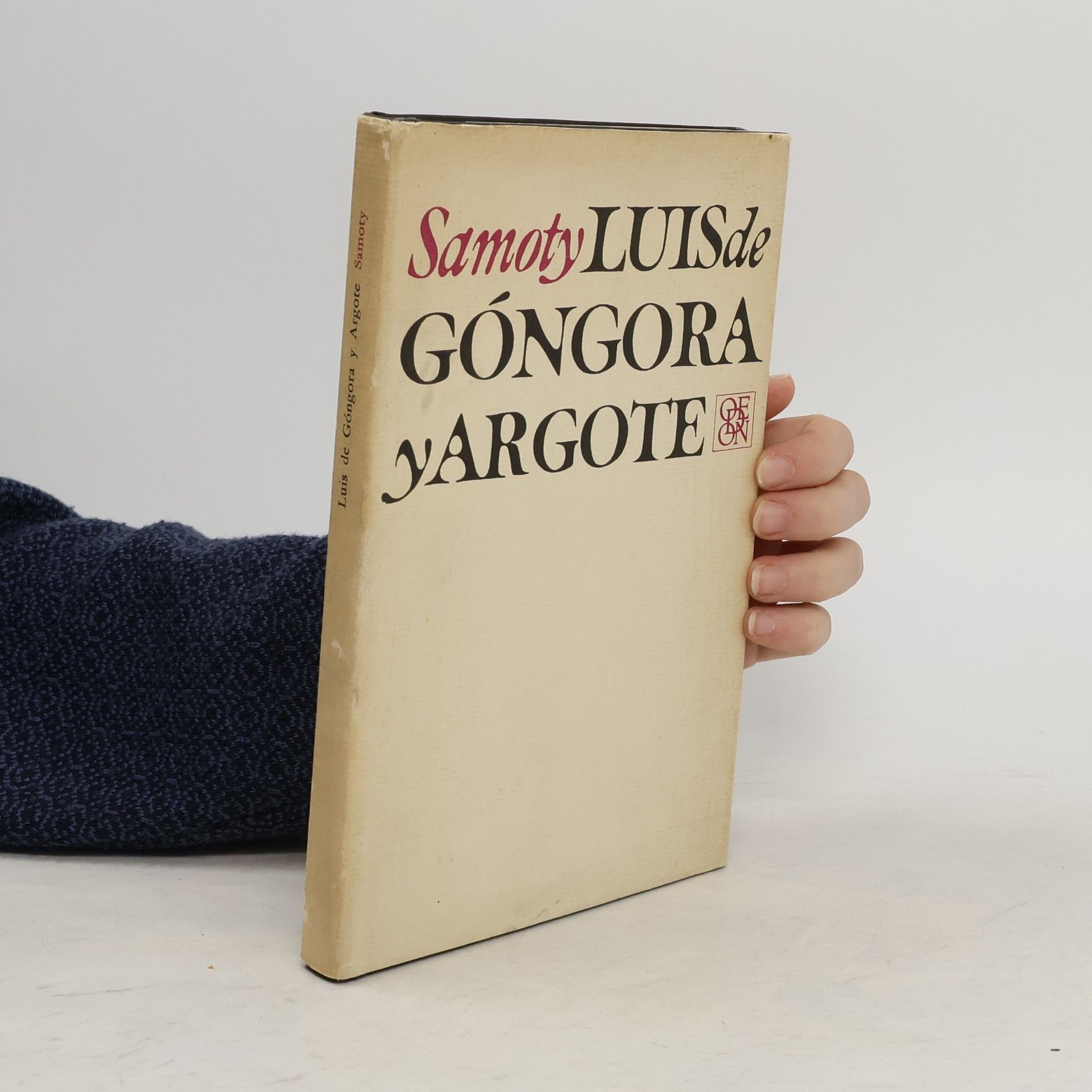Španělský básník barokního kulteranismu Luis de Góngora y Argote, jeden z vrcholných zjevů světové poezie, jenž měl ve své epoše adekvátní protějšek snad jen v anglickém Johnu Donnovi. Výbor … Či purpur nasněžený přináší ukázky z lyriky, Samot a Báje o Polyfémovi a Galathei v nejlepších básnických překladech, jež dosud máme.
Luis de Góngora Book order (chronological)
Luis de Góngora was a Spanish Baroque lyric poet whose distinctive style, culteranismo or Gongorism, stood in stark contrast to the conceptismo of his lifelong rival, Francisco de Quevedo. Góngora is widely regarded as one of the most prominent Spanish poets of his era. His work is characterized by an elaborate use of language and complex metaphors, which significantly shaped Baroque poetry. Góngora's influence endured, and his poetic legacy continues to be studied and admired for its unique artistry and profound depth.

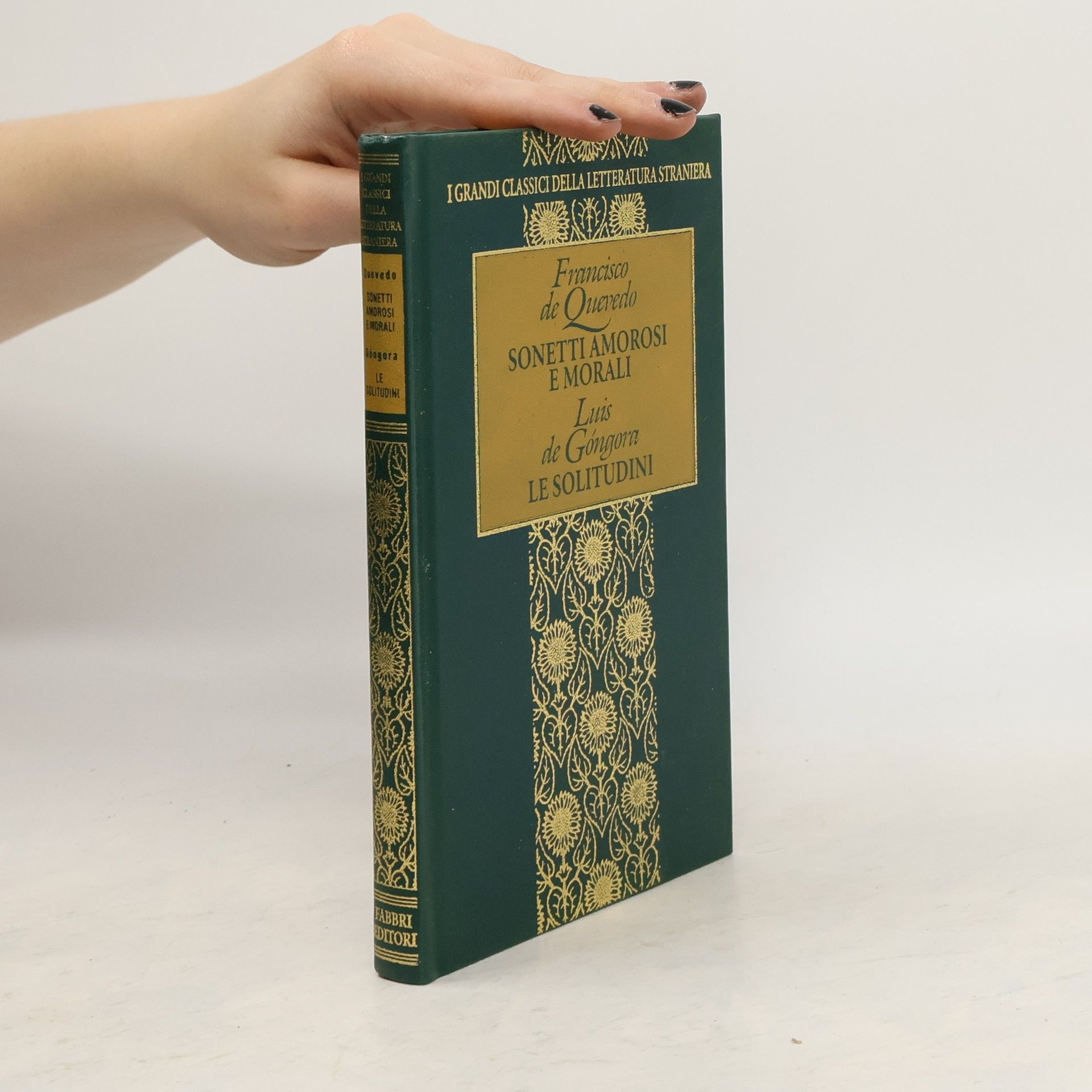


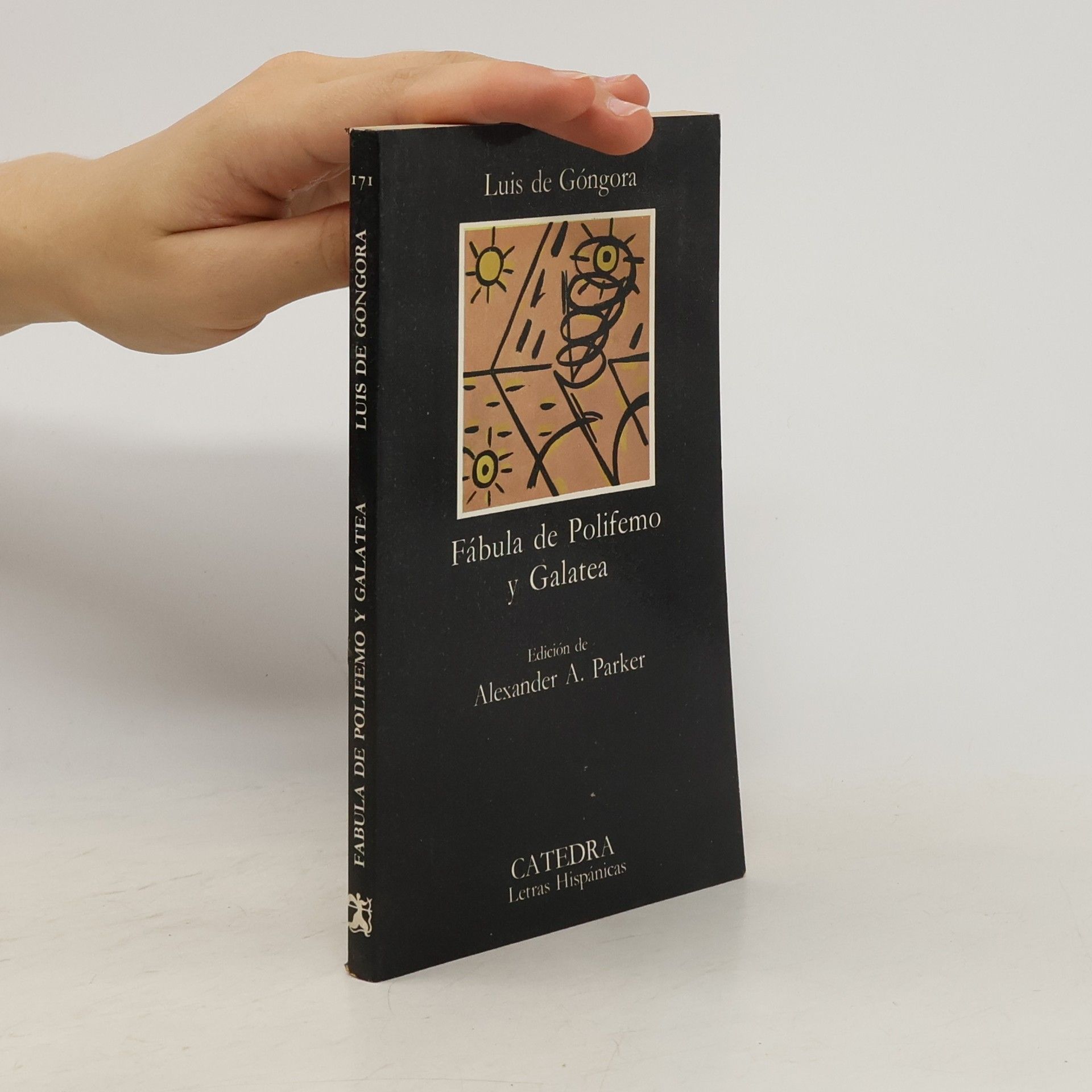

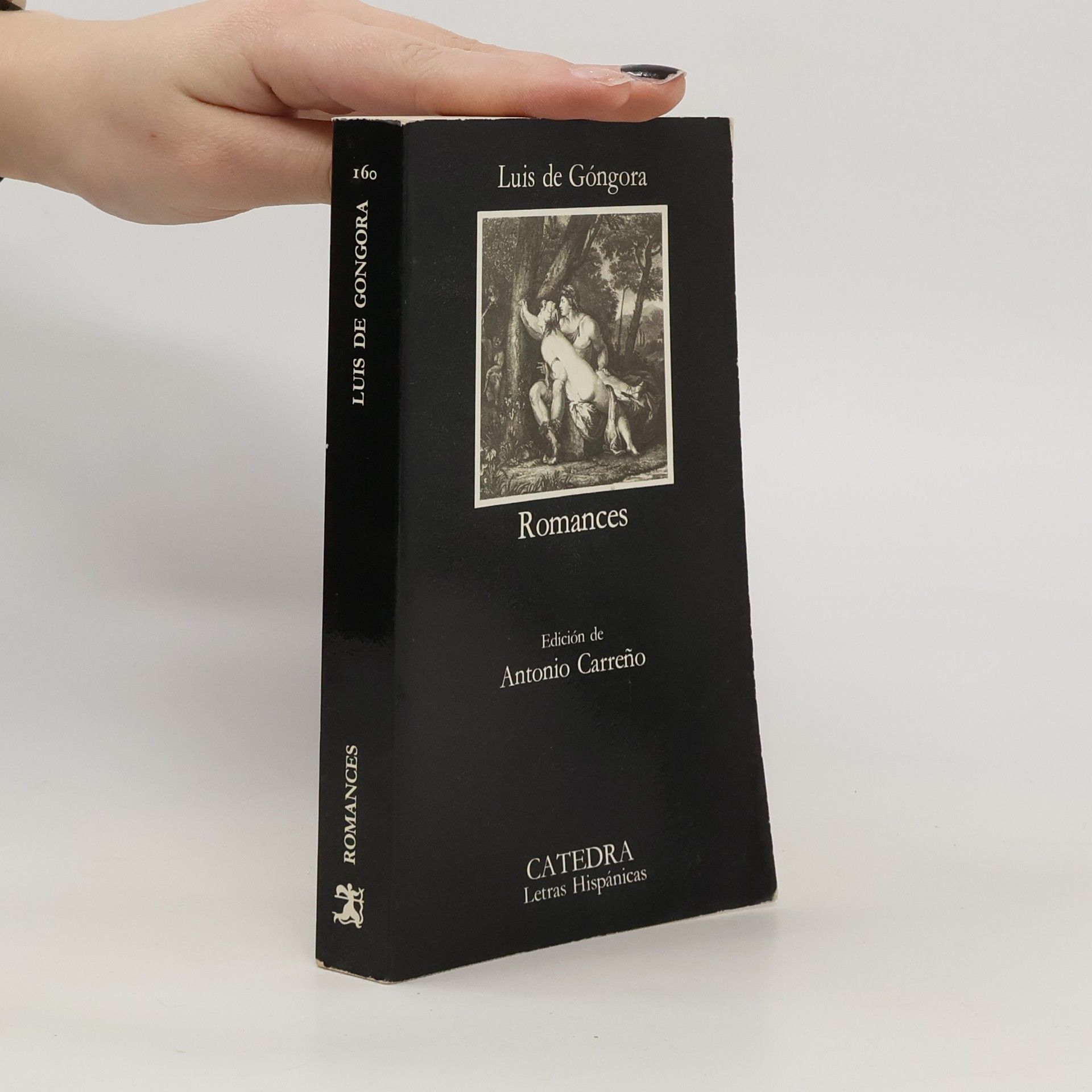
Zaľúbený prach
- 132 pages
- 5 hours of reading
Sbírka poezie osobitého španělského básníka, který žil na přelomu 16. a 17. století.
Plody Tantalovy
- 94 pages
- 4 hours of reading
Výbor z lyriky. Druhý samostatný výbor po téměř padesáti letech, jemuž autor překladu věnoval téměř čtvrt století.
Este libro ha sido convertido a formato digital por una comunidad de voluntarios. Puedes encontrarlo gratis en Internet. Comprar la edición Kindle incluye la entrega inalámbrica.
Romances
- 670 pages
- 24 hours of reading
La segunda mitad del siglo XVI contempla las primeras recopilaciones de lo que conocemos como "Romancero Viejo". Paralelamente se despierta el interés de los poetas contemporáneos (Góngora, Lope) por esta forma, es el "Romancero Nuevo". Esta edición examina cómo un mismo genio late bajo los romances moriscos, mitológicos, picarescos o rústicos.
Básnická skladba španělského autora z období tzv. ,,zlatého věku" španělské poezie. Verše, jejichž největší část naplňují popisy a líčení krajiny, rostlin, živočichů, lidské práce a zábavy, podávají kypivý obraz tehdejšího světa. Básník v nich zintenzivňuje a zhutňuje své estetické postupy natolik, že vytváří nový směr zvaný góngorismus. (http://books.google.cz/)


